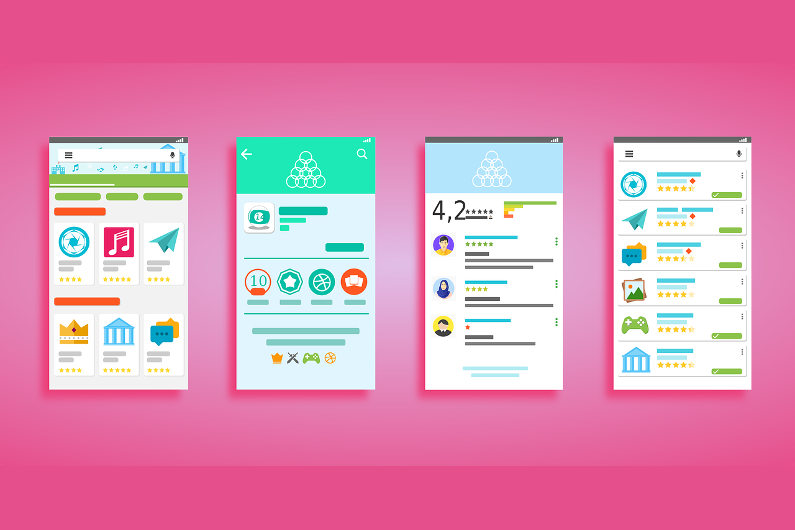So, you’ve developed a great game after months of hard work. If you’re researching how to get your game published on Android/Google Play, this is likely the first game you’ve built. By now, you’ve probably drawn up dozens of sketches, put in hundreds of hours of manual work, and even went through the development process of getting your game officially listed as a gaming application. And now, you’re hoping to cement your game’s position in the world of play.

The best way to achieve this is to put in some work to market your game. Unless you’re a celebrity or have already built yourself a name in the world of gaming, chances are no one will hear about your game unless you make an effort to build awareness. Here are a few ways you can do this:
Create a Website
Simply put, your game needs a home. And in the virtual world, a website is its home. Sure, you’ll have a page in the Android store, but that should be viewed as complementary to your website. Fortunately, you can quickly launch a WordPress website with one of many pre-designed, customizable gaming themes.
With a beautifully designed landing page, you can capture potential gamers who are interested in discovering new games like yours. Although the ultimate goal is to get them to install the app, you need to create different environments that lead there. Therefore, you should create effective CTAs on your website too, prompting visitors to begin a download.
Think of your website as an extension of your app page. This is where you have full creative reign to market your game in any way imaginable. Think about it: on an app store, you’re limited to the plain interface design, a few images, HTML text, and that’s it. And then there’s the reviews that could hurt you if you launched an early version of the game that had a few pesky bugs. With a website, you can put your best foot forward.
Collect Feedback From Early Players
One of the best ways to market your game is to start letting people play. Check out a variety of Android gaming forums where your target audience tends to gather. This presents a huge opportunity to get genuine opinions from people who know their games.
You’ll likely receive a mix of negative and positive feedback, especially during the early stages. What’s important is that you’re receptive to everyone’s feedback. The nicer you are to these early testers, the more likely they are to recommend your game.
You should also be turning to social media to reach out to your circle of friends, family, and colleagues who would be happy to help you out. And speaking of social media, look into gaming Facebook groups, where the discussion is always geared towards gameplay.
Additionally, post ads on Reddit boards and Craigslist if necessary. Reddit alone has a large pool of gaming categories, and are full of people who are passionate about gameplay and game creation. Lastly, look into local meetings on Meetup.com for opportunities to network with other players and game developers.

Create Facebook Campaigns
Facebook campaigns are so effective because it allows advertisers to hone in on their audience. For example, not only can you target mobile gamers, but you can take it a step further by targeting mobile gamers who are interested in strategy games that involve puzzles and code-cracking. The ability to hone in on any buyer persona makes Facebook advertising such an attractive addition to your overall marketing strategy.
Consider Influencer Marketing
Influencer marketing is on the up and up. With this marketing opportunity, you can take advantage of influencers in your industry who will review your game—either for a price, or for free product. And when it comes to an industry like gaming, there’s no better way to combine social power with marketing tactics.
One study found that 92% of people trust recommendations from people they know, and furthermore, the majority of those people are just as likely to trust peer online reviews as they are to trust word-of-mouth reviews from people they know. The truth is, people are relying less on celebrity endorsements and more on genuine reviewers who clearly demonstrate a passion for their industry.
Start by creating a list of gaming influencers who are relevant to your niche, and whose personalities you enjoy. You can use a tool like BuzzSumo to generate a list of the most relevant influencers. Then, send over individualized introductions to your game, and give them solid reasons why they should consider reviewing/promoting it as an influencer.
